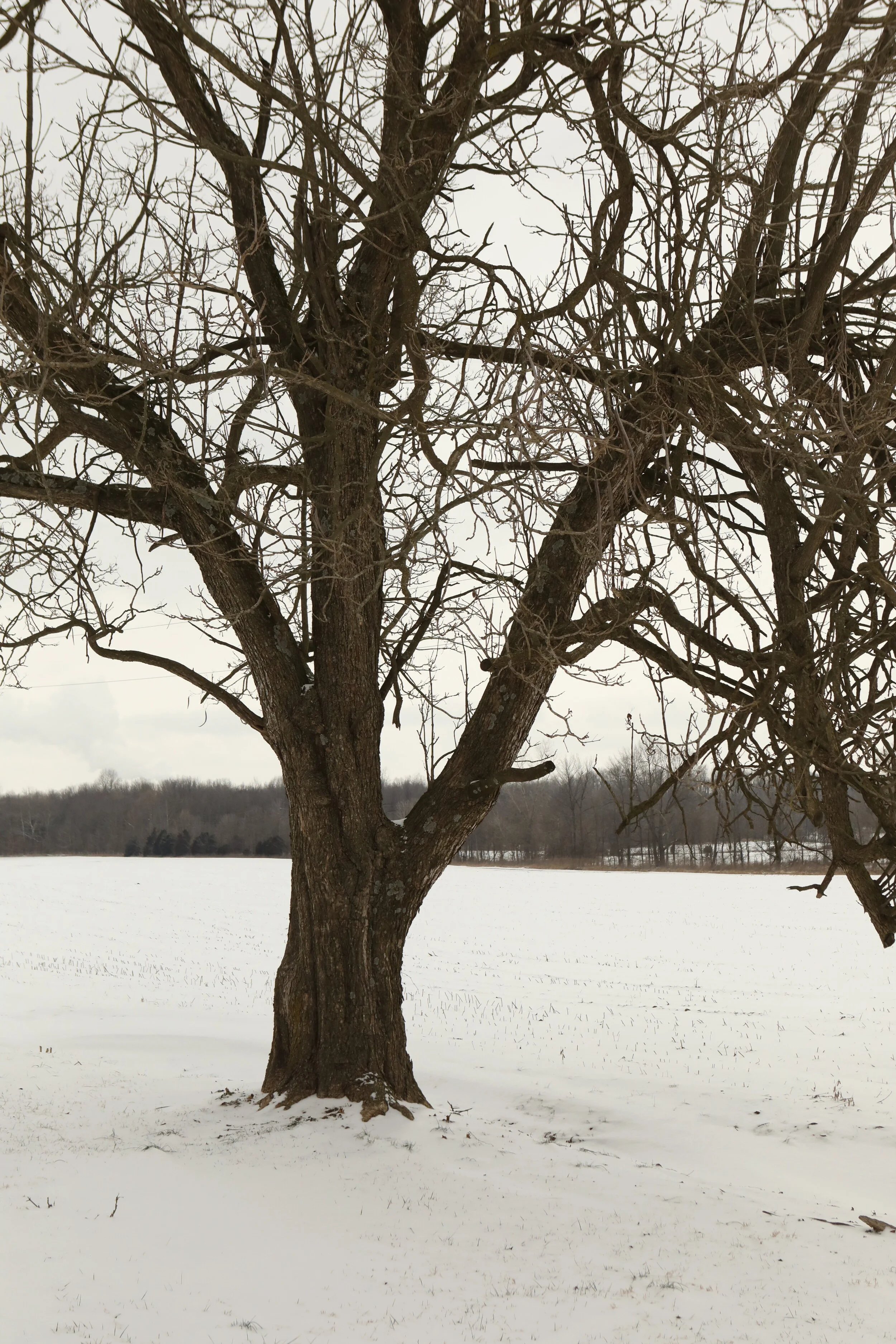Red Snow and Black Blizzards
Ben Ashby
If you were alive in 1934 and living in New England, you may fondly remember the red snow that fell in winter. Talk about making Christmas decorating easy – throw some green holly around and you’vegot a winterscape worthy of a Bing Crosby croon. The only problem? This snow was caused by one of the greatest socio-economic-environmental crises of the 20th century, the Dust Bowl. John Steinbeck said it best in his classic,The Grapes of Wrath:"In the souls of the people the grapes of wrath are filling and growing heavy, growing heavy for the vintage."
Vintage, as Steinbeck used it, could mean two things. Either folks were reminiscing for a past that had become unattainable; modernity continually pushing us all forward. Or we can think about people as literal grapes on the vine, ready for their day to come, to voice their pain and anguish, to explode with anger. Either meaning is plausible, but this isn’t an Introduction to Literature class at Vassar. In these times, however, what’s old is new again. We face environmental crises across this Nation, having to do with factory farming, intensive cultivation, and unregulated industry. Charles Dickens flagged the realities of degradation, his soot-covered street urchins falling prey to those nasty giants of industry. Steinbeck, and Rachel Carson, chronicled the aftermath.
The dust bowl, looking back, was easy to predict. When we use tractors to till deep, virgin soil, removing native plants, and then suffer through a devastating drought, dirt is going to fly. It will get blocked against fences, built-up with the help of tumbleweed. It can seep into houses, even after all the windows and doors have been blocked with cloth. And where does that topsoil reside, that rich 500 years-in-the-making nutrient heavy crop grower, after being picked up by the winds? Most of it made it to the Atlantic Ocean. And while Ariel may have one heck of an algae garden under the sea, the displacement doesn’t help us any.
It boggles my mind to think of a mass migration of Americans families, generations joined together in a Diaspora, moving west inthe hopes of a better life, an opportunity to feed their children. Once reaching the Golden State, the reality became even more desperate, with jobs scarce and, when secured, offering degrading, starvation wages for backbreaking labor.Grapes rotting on the vine - talent, skill, and potential ignored only because it could be.
This was the beginning of the end for so many of us and our connection to the land. Small farmers, thriving family farms, were decimated, and without a rainy (or dusty) day fund, were forced to pack up and move to the cities.Relegating their farm life to memory, these families moved away from growing for themselves, maybe because new opportunities emerged, or just maybe their was some resentment to the land for what it had done, the pain it had caused, and the instability it had produced. Again, this isn’t Psychology 101, but it all makes sense to me.
Thankfully, as memories of the Dust Bowl become more distant, we’re regaining our confidence. Twenty-first century agricultural practices have learned from past mistakes, with science and technology giving us tools unimaginable to those Okies forced off their timeshares. Forced to work in the orange groves where It’s a Small World would oneday emerge. Have we done better today, to create a commercial landscape soaked with the tears of so many desperate mothers?
As crop prices dropped by 60 percent during the depression, many family farmers were forced to find other work. To stimulate the economy, President Franklin Roosevelt initiated a program where farm production wascut, so prices would increase, and farmers could earn an income. During this time, in the 1930s, 25 percent of our Nation’s population lived on six million small farms. Today, only two percent of our population lives on farms, with 157,000 farms accounting for 72 percent of all sales. Our government gives approximately $20 billion in agricultural subsidies to farmers. Unfortunately, many of our small farmers receive no support.
To succeed in the land of mega-farms, small producers have had to find their niche in the market. Organic, small-batch, and heirloomarecatchphrases, words that make us feel responsible. We can also feel good helping someone reconnect to the land, to rekindle a relationship our grandparents, and their families, may have been forced to abandon. But, and I pray you let me remain on my soapbox for a moment more, what does organic really meananyway?
Vintage farming, today, is modern farming. Those seeds the wind blew from Oklahoma have landed in backyard gardens, all snug in raised-beds, and in community gardens across our Nation, finding new homes in lovingly amended soil, with plenty of nitrogen and organic matter to be harvested once again for our families. Grapes are no longer filled with wrath, but with pride in their cultivators. These gardeners now reap the benefits of our collective knowledge, finding ways to support a family on the seeds of our history, and past knowledge, not reliant on those genetically modified products of the laboratory.
The Dust Bowl may have dispersed our great farmers, like the seeds of a dandelion, but their planting history remains in our minds; if not their struggle. And they are honored everyday by the young farmer producing homemade goat cheese, growing flowers without pesticides, and a dedication to treat the land, and those who live on it, as a member of the family. While we need topsoil, we also rely on our honeybees and bats to pollinate the plants we eat. The Dust Bowl may have wrought red snow from the sky, but it also taught us not to take the land for granted, to treat it with respect, and today, a growing number of us are reclaiming that connection and relishing in all it has to offer.





